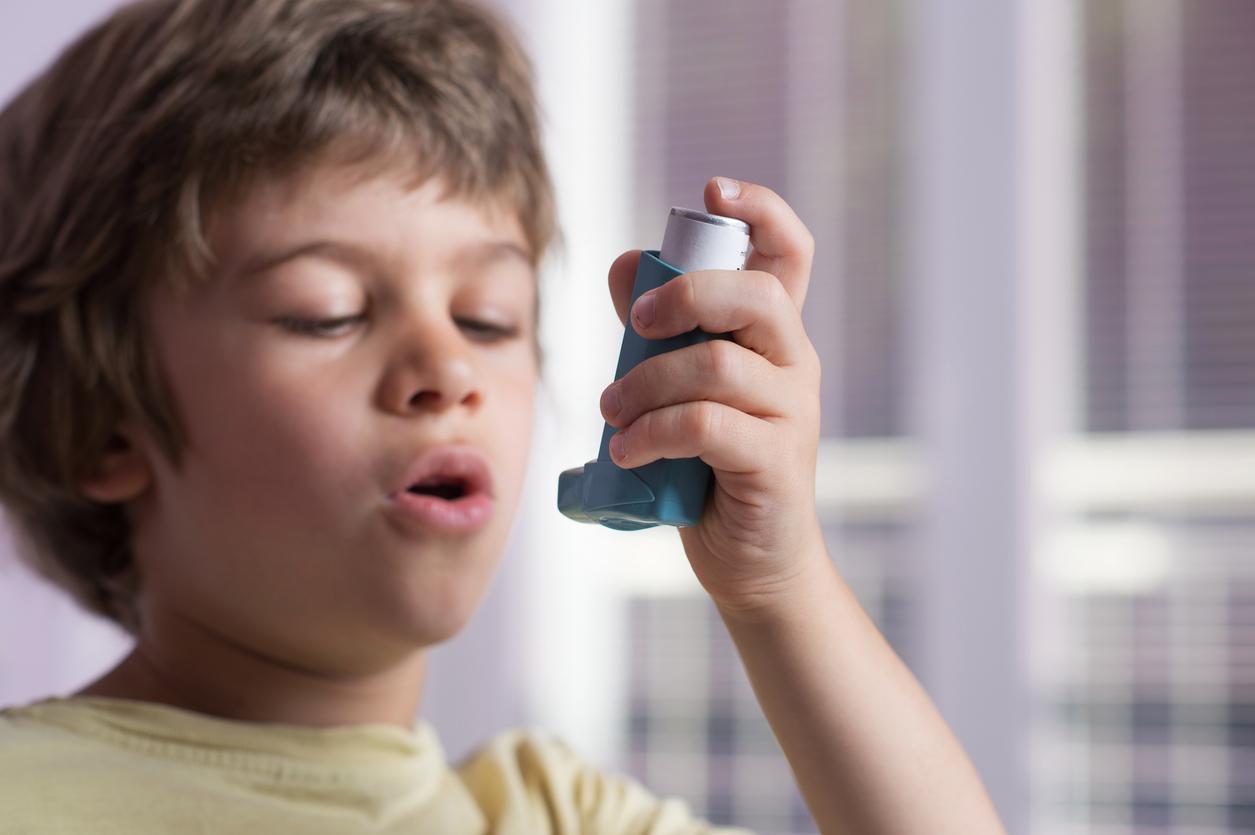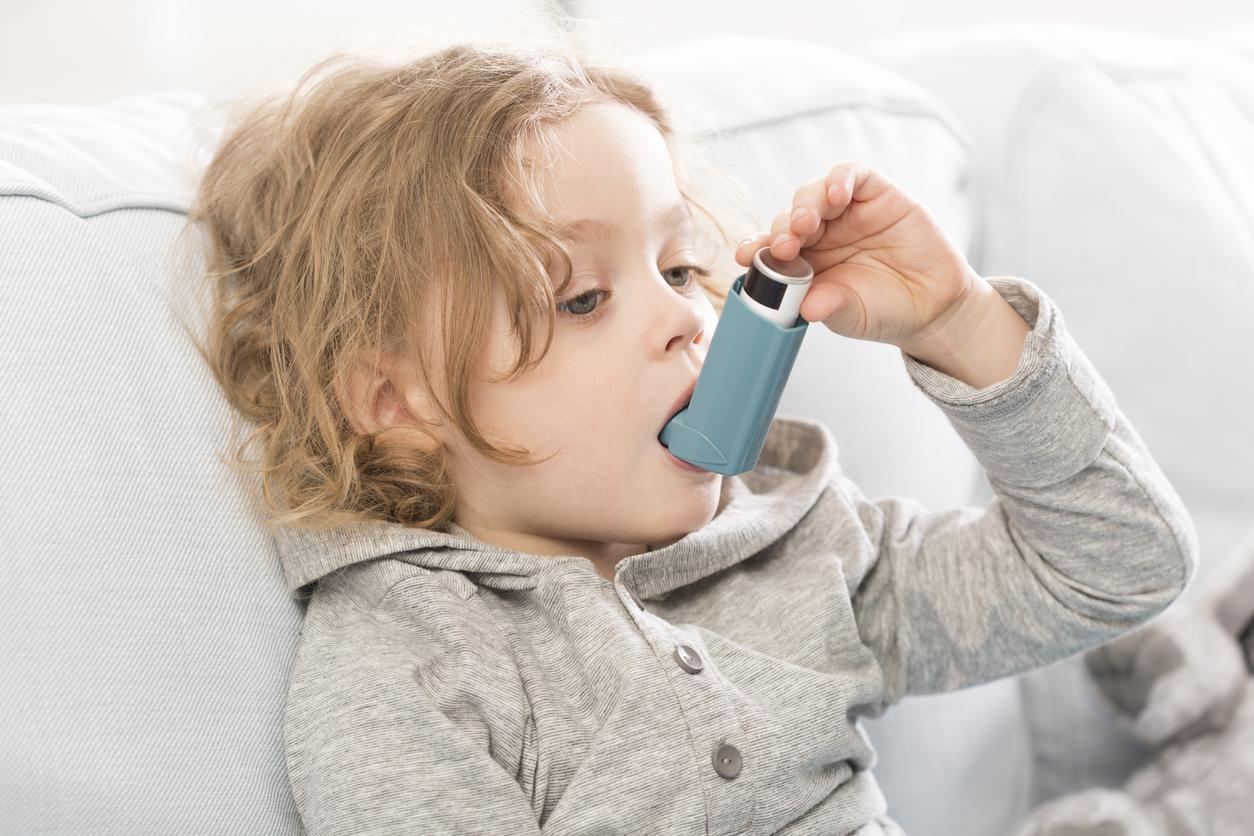A third of asthma patients say they have had to interrupt sexual intercourse to take a rescue treatment.

- For 53% of men with severe asthma, this respiratory disease had a negative impact on their sex life.
- 41% of respondents have already avoided sexual intercourse for fear that it will cause an asthma attack.
- Less than half of the participants had ever seen partners mocking their sexual abilities because of their pathology.
About 4 million. This is the number of people affected by asthma, a respiratory disease caused by permanent inflammation of the bronchi, in France. This chronic disease physically handicaps the daily life of asthmatics, but it also leads to forms of self-exclusion and stigmatization, according to a survey carried out by theIfop For Sanofi. “One in three severe asthmatics has already been teased about their asthma in the context of professional (34%) or sports (36%) activities. 42% have even seen partners make fun of their sexual abilities because of their asthma”, can we read in the survey of 5,009 people aged 15 and over.
Sex life: 44% of patients fear being less efficient because of asthma
Overall, this respiratory disease affects the sexuality of men much more than that of women. According to the results, 28% of male patients consider that asthma has had a negative impact on their sex life, against 16% of women. And up to 53% of men with severe asthma share this opinion. The data also reveals that for about half (56%) of patients with severe asthma, their sexual performance is a source of anxiety. 44% admitted to having already been afraid of being less efficient sexually because of their respiratory pathology. According to the survey, 31% of respondents have had to “stopping a sexual relationship in order to go and take life-saving treatment”. The volunteers are even 41% to have already avoided sexual intercourse, because they feared that it would trigger an asthma attack.
“Emotions have a strong effect on the onset of asthma symptoms”
To have a fulfilling emotional and sexual life, the Professor Pascal Chanezpresident of the scientific council of the Fondation du Souffle, advises to control their asthma well, to follow the treatments correctly and to identify the situations in which they must use them in advance. “Emotions have a strong effect on the onset of asthma symptoms,” recalls the teacher-researcher in Aix-Marseille.

















